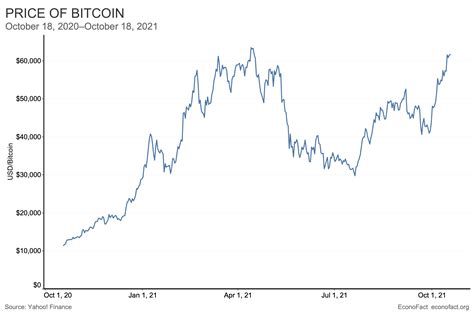CRYPTOCURRENCY
The Future Of Cryptocurrency Exchanges: Trends To Watch
The Future of Cryptocurrency Exchanges: Trends to Watch
Cryptocurrency exchanges have become a staple in the world of digital finance, enabling individuals and institutions to buy, sell, and trade various cryptocurrencies like Bitcoin, Ethereum, and others. As the cryptocurrency market continues to grow and mature, the landscape of cryptocurrency exchanges is undergoing significant changes. In this article, we’ll delve into the current trends and future directions of the cryptocurrency exchange space.
Current Trends:
- Increased Competition: The rise of new cryptocurrency exchanges has led to a surge in competition among existing players. This increased competition has forced them to innovate, improve their services, and differentiate themselves from rivals.
- Regulatory Clarity: As governments worldwide grapple with the implications of cryptocurrencies on traditional financial systems, regulatory clarity is becoming increasingly important for cryptocurrency exchanges. Clearer regulations can help alleviate concerns about security, stability, and potential risks associated with trading in these markets.
- Growing Demand for Accessibility: The democratization of access to digital currencies has been a major trend in recent years. More people are now able to participate in the cryptocurrency market through simple online interfaces, making it easier for those who don’t have extensive financial knowledge or technical expertise.
Future Trends:
- Decentralized Finance (DeFi): The DeFi space is expected to continue growing as investors become more aware of its potential. Cryptocurrency exchanges will need to adapt by incorporating DeFi features, such as lending, borrowing, and yield farming.
- AI-Powered Trading: Artificial intelligence (AI) is becoming increasingly prevalent in the cryptocurrency exchange space. AI-powered trading platforms can help reduce risks associated with market fluctuations and improve performance.
- Blockchain-based Governance: Blockchain-based governance models are gaining traction among exchanges, allowing for more transparent decision-making processes, increased accountability, and improved security.
- Smart Contract-based Trading: Smart contract technology (e.g., Ethereum’s ERC-20) will play a pivotal role in shaping the cryptocurrency exchange landscape. This technology will enable exchanges to offer more flexible, user-friendly, and secure trading experiences.
Key Players:
- Fidelity:

Fidelity is one of the largest cryptocurrency exchange companies, with operations in multiple countries.
- Kraken: Kraken has established itself as a prominent player in the cryptocurrency exchange market, offering advanced trading features and robust security measures.
- Binance: Binance remains one of the largest cryptocurrency exchanges globally, known for its fast execution speeds, competitive fees, and innovative DeFi offerings.
Challenges Ahead:
- Security Risks: As more people become involved in cryptocurrency markets, cybersecurity risks are becoming increasingly significant concerns.
- Regulatory Uncertainty: Governments worldwide continue to grapple with the implications of cryptocurrencies on traditional financial systems, creating uncertainty for exchanges operating across multiple jurisdictions.
- Adoption Barriers: The lack of mainstream adoption is still a major hurdle for cryptocurrency exchanges, as it can make them appear less appealing or secure to potential users.
Conclusion:
The cryptocurrency exchange space is poised for significant growth and innovation in the coming years. As regulations continue to evolve, more competition will emerge, and technology advances at an exponential pace.
